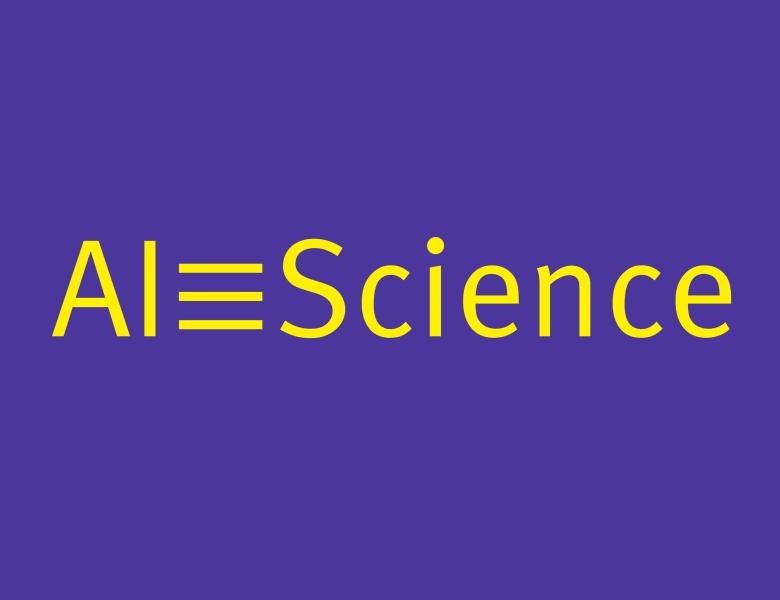Image

Machine learning and artificial intelligence have given rise to new workflows for the design, synthesis, and evaluation of novel molecules. However, the noticeable scarcity of experimental success stories reflects how the realities of molecular discovery are not fully addressed by existing computational methods. This talk will touch on several open challenges and current approaches to resolve them: representation of molecular structures beyond covalent bonding, the misalignment between generative design and experimental execution, and the reliance on fallible oracles to guide virtual screening or generative design.